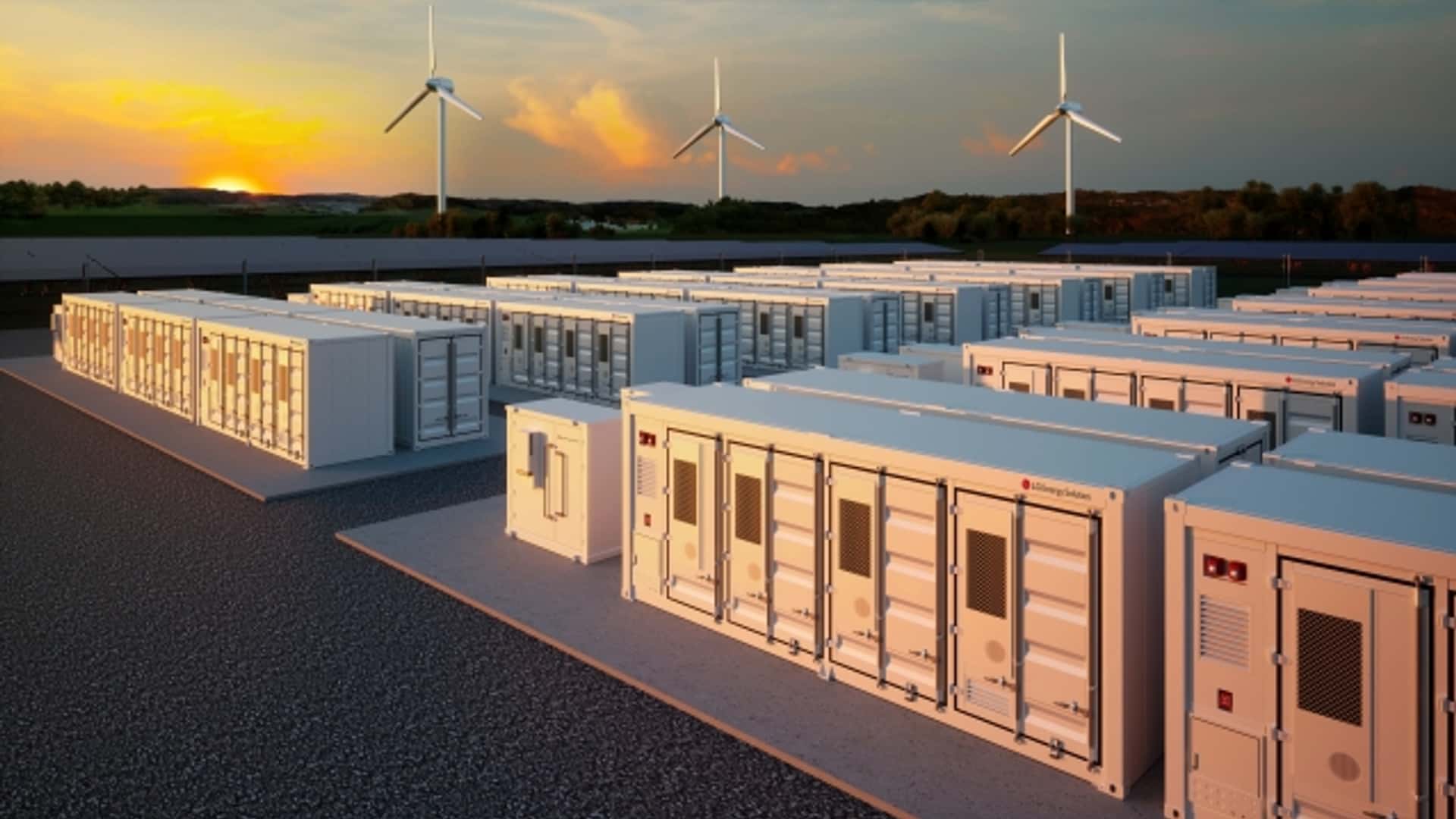
"Nearly 150 years after the American scientist patented the light bulb and turned on the world's first commercial power plant in New York City, the way electricity is stored, dispatched and balanced is undergoing its own revolution. Lithium-ion batteries are increasingly finding use cases far beyond electric cars and consumer electronics. Batteries are stabilizing transmission grids, serving as backup energy storage systems and cushioning the enormous power demands of AI data centers, helping the world shift towards renewable energy and away from fossil fuels."
"You can thank the growth of electric vehicles for at least some of this. Electric vehicles account for the largest share of global lithium-ion battery demand, according to the International Energy Agency. That share was pegged at over 950 gigawatt-hours last year and is on track to exceed a terawatt-hour this year, enough to power 12.5 million EVs with an average pack size of 80 kilowatt-hours-about the size of your average Hyundai Ioniq 5, for context."
Lithium-ion batteries are reshaping electricity storage and distribution, enabling new flexibility across power systems. Batteries now support transmission grid stabilization, provide backup energy storage, and absorb peak loads from AI data centers, facilitating renewable integration and reducing fossil fuel dependence. Electric vehicles currently represent the largest share of global lithium-ion battery demand, exceeding 950 gigawatt-hours last year and approaching a terawatt-hour this year. Growing EV demand supports a domestic battery industry that can supply other energy applications. In the U.S., EV sales rose modestly while utility-scale battery storage expanded rapidly, with storage capacity increasing by 66% according to national data.
Read at InsideEVs
Unable to calculate read time
Collection
[
|
...
]